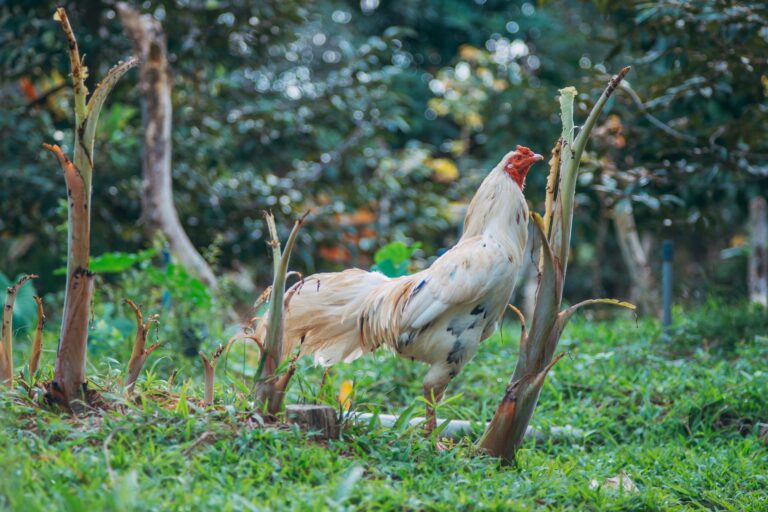Is Cockfighting Legal in Bosnia and Herzegovina?
In Bosnia and Herzegovina, cockfighting is illegal according to the country’s animal protection laws. However, despite the legal restrictions, this blood sport continues to be practiced in various regions of the country, often as part of traditional and cultural events. The lack of strict enforcement measures and public awareness has allowed the practice to persist in some areas.
What is the Brief Overview of Cockfighting in Bosnia and Herzegovina?
Cockfighting is a centuries-old blood sport that involves pitting two roosters against each other in a fight to the death. In Bosnia and Herzegovina, the practice is believed to have originated from the country’s Ottoman-era roots and has been passed down through generations. Cockfighting is usually organized in secret, and participants often place bets on the outcome of the fights. The birds used in these fights are typically bred and trained for aggression, with their natural spurs often replaced with sharp metal or plastic blades to increase the likelihood of injury to their opponents.
How is Cockfighting Known Locally in Bosnia and Herzegovina?
In Bosnia and Herzegovina, cockfighting is known locally as borba pijetlova, which translates to rooster fighting in English. The sport is usually practiced in rural areas and is often associated with local traditions and cultural events, such as village fairs and religious festivities. Despite its illegal status, the practice continues to have a significant following among certain communities in the country.
What are the Penalties and Enforcement Measures in Bosnia and Herzegovina?
The penalties for participating in, organizing, or attending a cockfight in Bosnia and Herzegovina can vary depending on the specific circumstances and the jurisdiction in which the offense is committed. Generally, those found guilty of involvement in cockfighting can face the following penalties:
- Fines ranging from 1,000 to 15,000 BAM (approximately $600 to $9,000)
- Confiscation of animals and equipment used in the fights
- Potential jail time for repeat offenders or those found to be organizing large-scale cockfighting events
However, enforcement of these penalties can be inconsistent, as the authorities often lack the resources or the political will to effectively combat the practice. Additionally, the secretive nature of cockfighting events makes it difficult for law enforcement to identify and apprehend those involved.
How are Government Laws and Links Related to Cockfighting in Bosnia and Herzegovina?
The primary legislation governing animal welfare and protection in Bosnia and Herzegovina is the Animal Protection and Welfare Act, which was adopted in 2009. This law explicitly prohibits cockfighting, along with other forms of animal cruelty, and outlines the penalties for those found guilty of such offenses. However, the implementation and enforcement of the law have been criticized as inadequate, with many calling for stronger measures to address the issue of cockfighting in the country.
Several organizations and government agencies are responsible for enforcing animal welfare laws in Bosnia and Herzegovina, including the State Veterinary Office and the Ministry of Security. These agencies are tasked with monitoring and responding to cases of animal cruelty, including cockfighting, but their effectiveness in doing so is often limited by resource constraints and a lack of public awareness about the issue.
